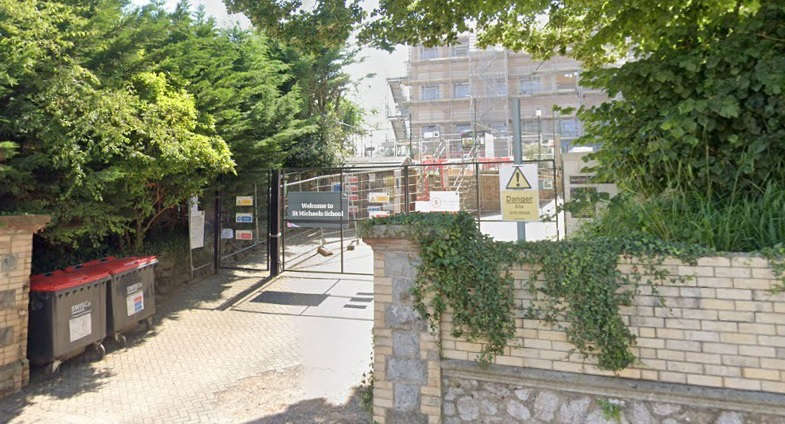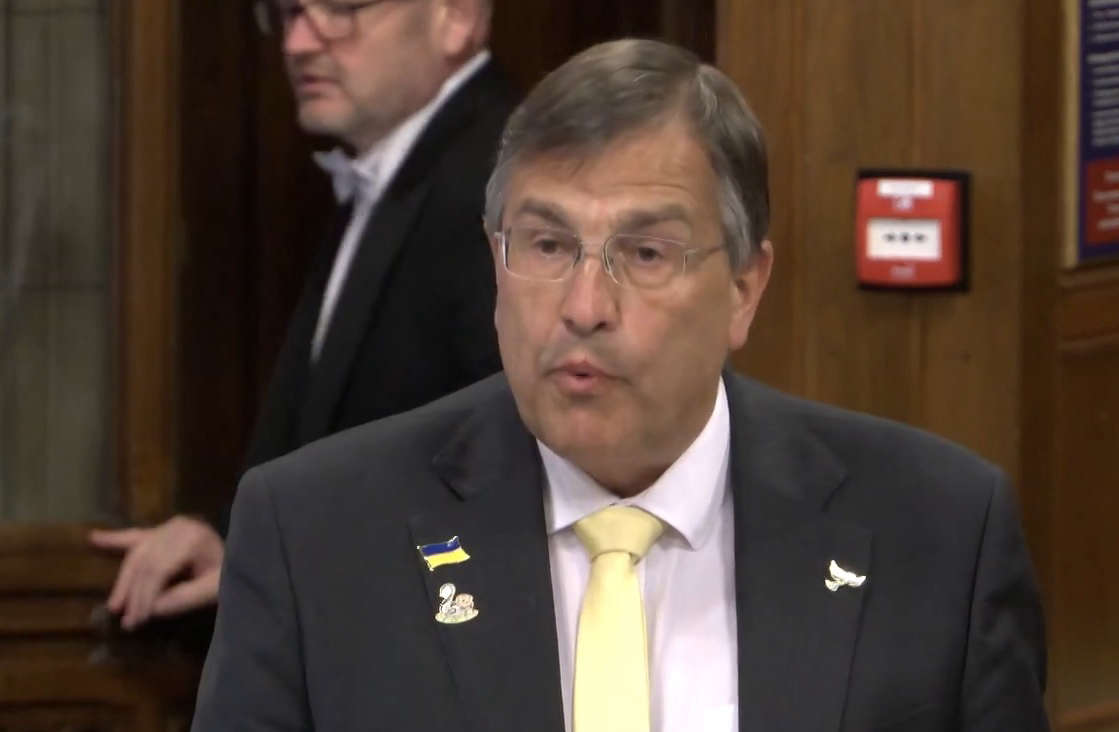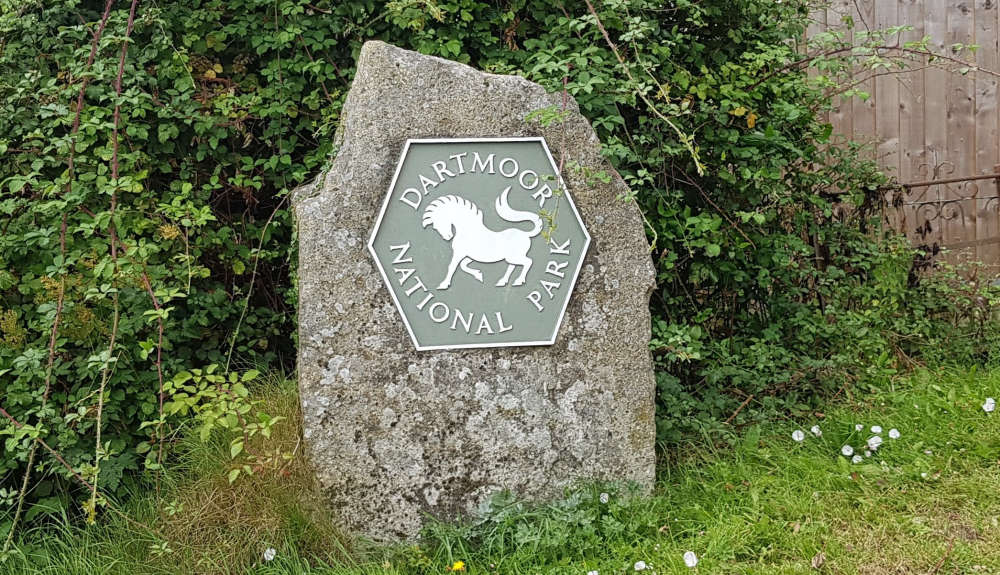
Turkeys invited to vote for Christmas
Exeter councillors have approved a motion calling for proportional representation at general elections.
A motion by the city council’s opposition Progressive Group, made up of the Green Party, Liberal Democrats and an independent, was backed by a majority of councillors at a full council meeting on Tuesday [18 October] after Labour amended it to exclude local elections.
Proportional representation is a system whereby the number of seats won by a party corresponds closely with the proportion of the total votes cast.
First-past-the-post is the current system used for UK general elections and for local elections in England and Wales. Although the candidate with more votes than anyone else wins, people can – and often are – elected even if more votes are cast against rather than for them.
It also means parties are able to win a majority of seats despite gaining less than half of the vote. The Conservatives won 56 per cent of the seats at the 2019 general election despite receiving 43.6 per cent of votes.
Labour has also benefitted from first-past-the-post, most notably in 2005 when it won 55 per cent of the seats in the House of Commons despite receiving 35.2 per cent of the vote.
Those in favour of the current system point to how it is easy to understand and generally returns majority governments, avoiding the coalitions that are commonplace across Europe and that can result in frequent elections.
Proportional representation is already used to elect the parliaments and assemblies of Scotland, Wales and Northern Ireland.
The agreed motion, put forward by Green councillor Carol Bennett (Heavitree) stated: “Within Europe, only the United Kingdom and authoritarian Belarus still use the archaic first-past-the-post system for general and local elections. Whilst internationally, proportional representation is used to elect parliaments in more than 80 countries.
It added how first-past-the-post “curtails voter choice, making millions of votes ineffective, and leaving millions feeling unrepresented and unheard.”
Introducing proportional representation would mean “MPs and other elected representatives would better reflect their communities, leading to improved decision-making, wider participation and increased levels of ownership of decisions taken.”
It resolves to write to the government calling for a “change in our outdated electoral laws to enable proportional representation to be used for general elections” and to urge local MPs to “push for a change to electoral law to permit proportional representation and to promote the matter for debate within parliament.”
Labour supported the motion, but only after amending it to remove local elections because this is not current party policy.
Last month’s Labour conference in Liverpool overwhelmingly backed a motion calling on the party to introduce a proportional representation system for general elections.
But the Conservative group – which has five seats on Exeter City Council, the same number as the Greens – voted against Cllr Bennett’s motion. The party’s leader Anne Jobson (St Loyes) said a change to the voting system for general elections was rejected in a referendum in 2011 under the coalition government.
But Lib Dem councillor Michael Mitchell (Duryard & St James) pointed out this was for the alternative vote system, which is not proportional.
He said: “The reason I’m in favour of PR is because I want everyone’s votes to count” and that he had voted in every general election since 1970 only for his votes never to have counted due to first-past-the-post.
The motion was carried by 29 votes to four, with two abstentions.
 Fresh hope for Paignton’s ‘school that time forgot’
Fresh hope for Paignton’s ‘school that time forgot’
 Devon farmers banned from keeping cattle for decade
Devon farmers banned from keeping cattle for decade
 Man indecently exposes himself to woman at bus stop
Man indecently exposes himself to woman at bus stop
 Man's jaw corrected after Plymouth punch up
Man's jaw corrected after Plymouth punch up
 Devon MP’s victory over ‘unfair’ GP funding
Devon MP’s victory over ‘unfair’ GP funding
 Public donations to boost Dartmoor's accessibility
Public donations to boost Dartmoor's accessibility
